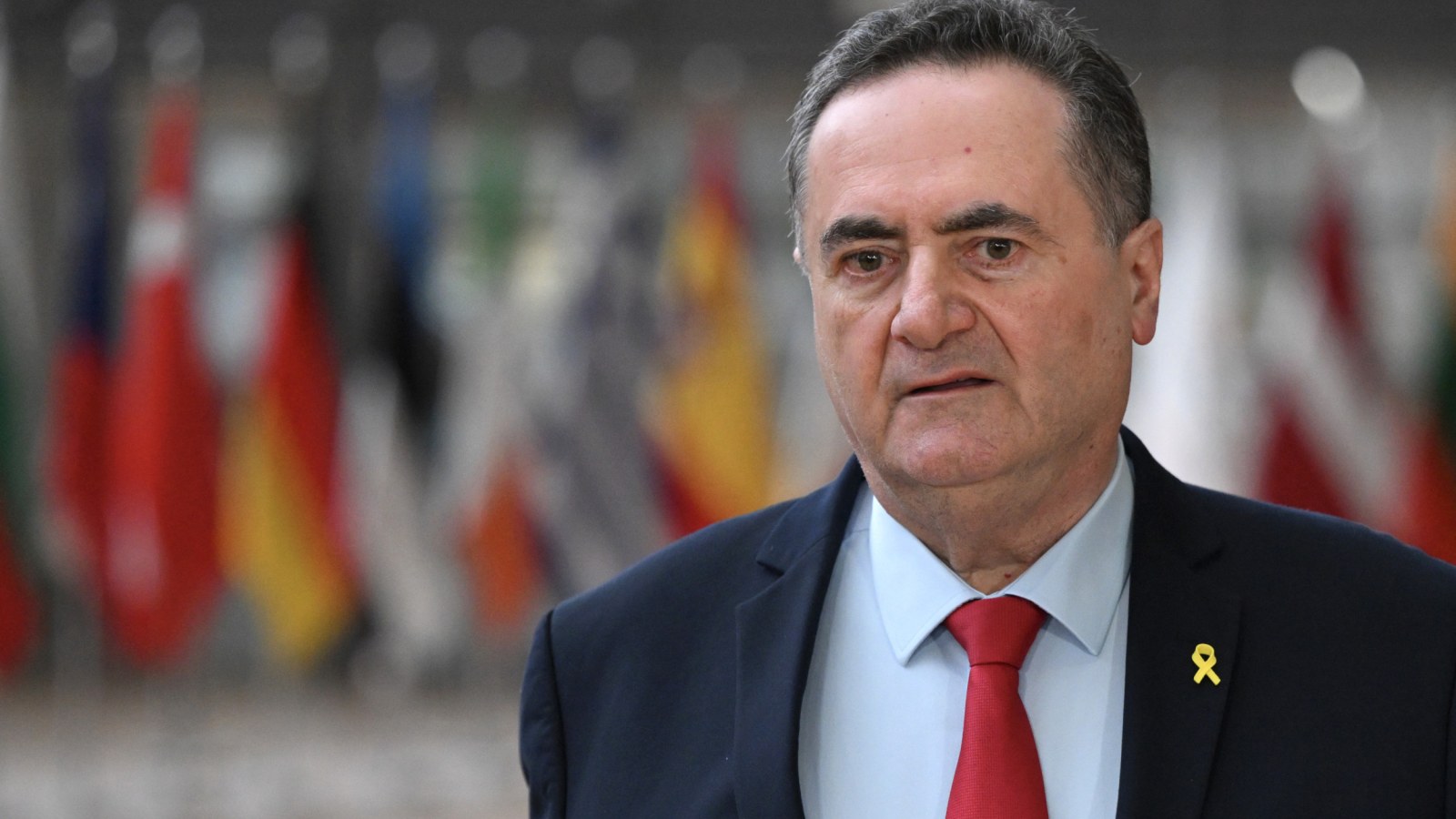On Monday, Israel’s Foreign Minister, Israel Katz, presented a proposal for the establishment of an internationally funded artificial island located three miles off the coast of Gaza.
Katz believes that this initiative could lead to “deep positive changes in the Gaza Strip and a better future in the Middle East.” The proposal was discussed during a meeting in Brussels with the European Union’s first Foreign Affairs Council of the year.
The video presentation titled “The Gaza Artificial Island Initiative” highlighted Katz’s dissatisfaction with the current state of affairs in the region, emphasizing that the proposed artificial island could serve as a humanitarian, economic, and transportation gateway for Palestinians without compromising Israel’s security.

Katz envisions Israel maintaining security around the island and overseeing port inspections while an international policing force would be responsible for maintaining public order on the island itself. However, it remains unclear whether the proposal involves the relocation of Palestinians to the artificial island.
The Irish Times reported that Katz had initially floated the idea of an artificial island back in 2017, and an unnamed official present at Monday’s meeting described the presentation as “very bizarre.”
During the meeting, Katz showed two videos, the second of which depicted the creation of a railway line linking the Middle East to India. Josep Borrell, the EU’s high representative for Foreign Affairs and Security Policy, found both videos interesting but believed Katz could have better used his time addressing concerns about the security of his country and the high number of deaths in Gaza.
Internationally, there is growing concern about the challenging conditions in Gaza, with the civilian death toll reaching approximately 25,500, according to local officials.
Israel’s Intelligence Ministry had previously drafted a concept paper proposing the transfer of all Palestinians in Gaza to Egypt’s Sinai Peninsula, a plan denounced by the Palestinian Authority.
Israeli Prime Minister Benjamin Netanyahu has consistently rejected the idea of a two-state solution, a stance that has faced criticism. Palestinian Foreign Minister Riyad al-Maliki, during separate talks with the EU Foreign Affairs Council, called for the EU to condemn Netanyahu’s words and contemplate sanctions against those hindering the prospects for a two-state solution and peace in the Middle East.
Borrell acknowledged the Israeli government’s position but emphasized the EU’s moral obligation to pursue a two-state solution while expressing uncertainty about other potential solutions.

